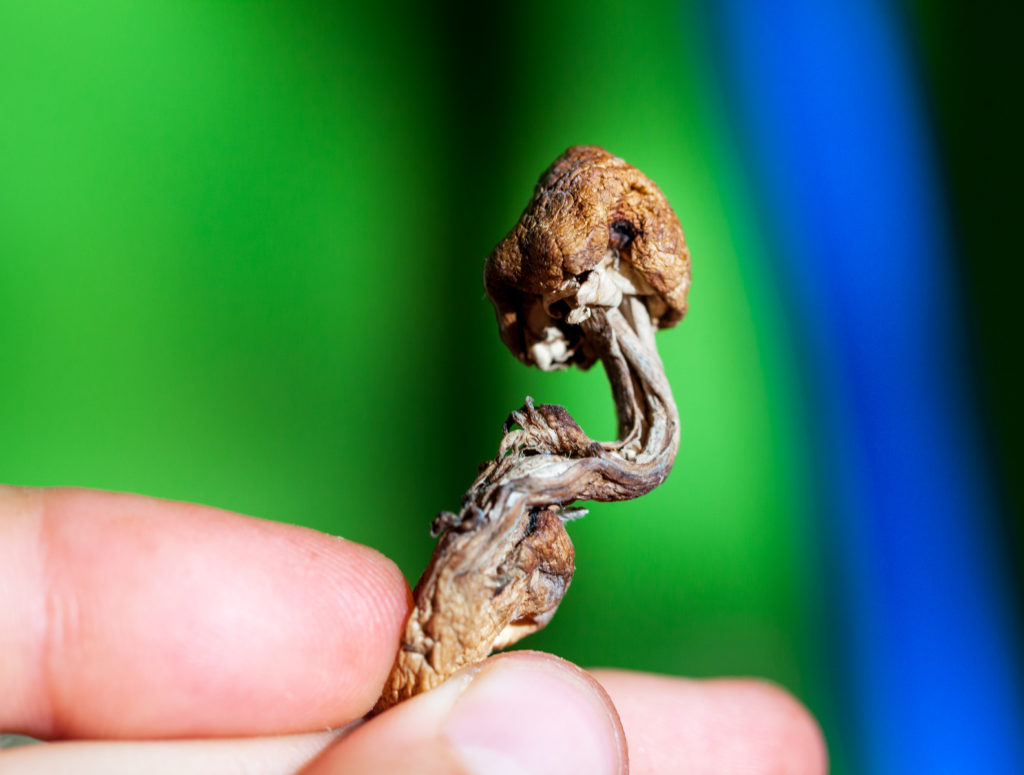
Natural doesn’t mean healthy
Most hallucinogenic drugs that are popular in the United States are naturally occurring. The only popular hallucinogenic substances that are not naturally occurring are LSD (acid) and PCP. Aside from those drugs, psilocybin is by far the most popular hallucinogenic drug, which is better known as magic mushrooms. However, there seems to be a growing misconception that these drugs are not necessarily harmful, due to the fact that they are naturally occurring. However, while not physically addictive, there are loads of dangerous side effects of using a naturally occurring hallucinogen.
Short-term effects of hallucinogens
Hallucinogenic drugs are composed mainly of short-term side effects. Using such substances will cause the user to go into a state of auditory and visual perception distortion, thus causing hallucinations (this isn’t surprising, as it is why people use the drug). Due to the psychological manipulation that these drugs produce, they can also cause other psychological problems, such as paranoia, anxiety, and mood swings. On top of that, it is possible for a hallucinogenic drug to trigger a seizure or coma in its users.
Physically, hallucinogenic drugs can cause an irregular heartbeat, which increases respiratory problems. It can also cause reflex impairment, hot and cold chills, and loss of sensory control. The most common danger to individuals under the influence of hallucinogenic drugs, though, is the impulsive decision making that can cause users to make decisions that lead to accidental death (the hallucinations don’t help, either).
Long-term effects of hallucinogens
If you use hallucinogenic drugs continuously, for an extended period of time, then several long-term effects can develop. In terms of acid or PCP, it is not unusual for a user to develop psychosis, after continual use. Prolonged panic attacks and paranoia are also not uncommon, as are intense periods of dissociation. Memory loss is also a possibility. Another misconception about hallucinogenic drugs is that they only affect you for the period right after you take the drug. However, psilocybin and LSD (among other substances) can be triggered into what is called a “flashback,” which causes a person to be thrown back into a trip, even months or years after taking the substance.










